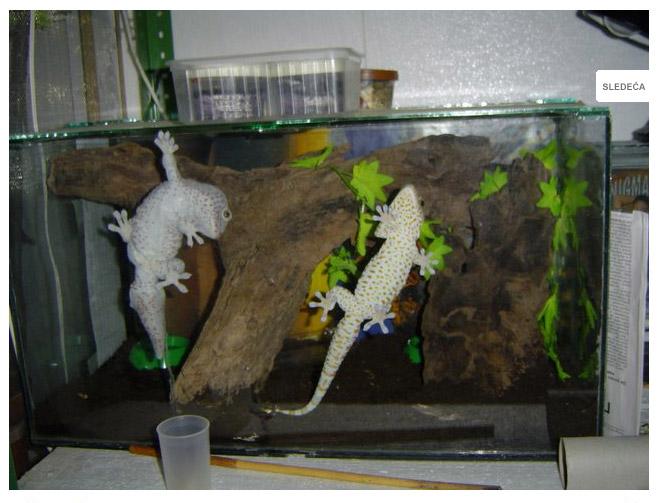When people think about buying an iguana, different questions come to mind. More often than not, one of these questions is: Where do I keep it? People then try to find out the components of an iguana cage. If you are trying to find the best iguana cage for your pet, here’s a guide for you:
1) Size – The first thing you want to know about is how big the iguana cage has to be. Some people have the misconception that the cage will limit the size of the iguana. This is not true. An iguana under ideal conditions will grow up to 6 feet long. This means that you will need to have a huge iguana cage in order to accommodate your pet. In fact, some people provide a whole room instead of an iguana cage for their pets!
Of course, if you are not yet ready to provide this space for your iguana, you could choose to delay until your iguana grows to its full size. However, the iguana cage that you provide should be large enough to contain the activities of your iguana. It should not cramp the animal in any way. If you choose to wait until your iguana has grown to full size, you should at least prepare and make plans for the time when you are going to need a bigger iguana cage.
2) Temperature – an iguana is cold blooded. This means that they need to regulate their body temperatures by making use of the environment. What are the implications of this? This means that you need to provide different temperatures in the iguana cage. This is so that the iguana can move from different spots to properly regulate its body temperature. You should also try to include a source of heat without light which will be used during the night time.

3) Humidity – iguanas require high levels of humidity to live comfortably. They are easily dehydrated because of the fact that iguanas aren’t really inclined to drink much. This is because the native habitats of iguanas have high humidity and this keeps them from being dehydrated. Dehydration can lead to kidney failure. This means that not having enough humidity can shorten the life of your iguana. Another reason to keep your iguana cage humid is the fact that humidity helps loosen skin. This means that an iguana will have an easier time shedding skin if it is kept in a humid environment. If you wan to keep your iguana healthy, you should provide an iguana cage that has a humidity of 65 to 75 percent of the air.
4) Lighting – iguanas need a source of UVA and UVB light. Of course, the best source that you can make use of is the sun. This does not mean that you should place your iguana cage in a sunlit area. The glass or plastic of iguana cages filter out the UV light much needed by iguanas for production of vitamin D3. This vitamin helps in calcium consumption. This means that you need to let your iguana bask in direct sunlight as much as possible. This helps in developing strong bones and preventing Metabolic Bone disease which is a very common cause of death among iguanas in captivity.
Other than the sun, your iguana cage should also include an artificial source of UVA and UVB light. This is in order to make up for days when the sunlight is not enough for your iguana.
